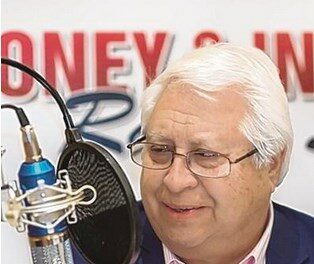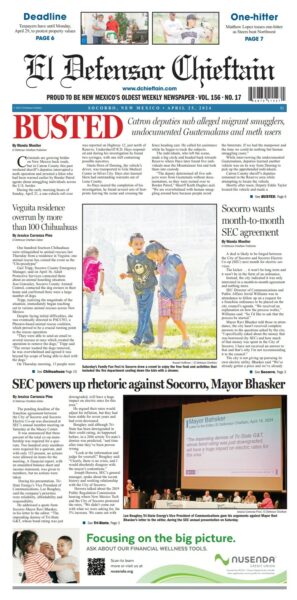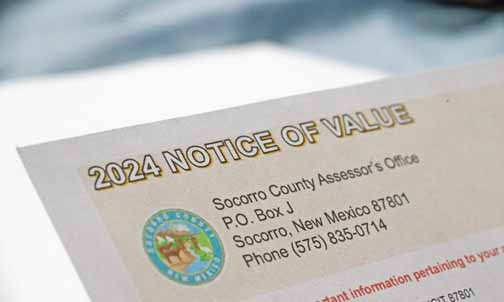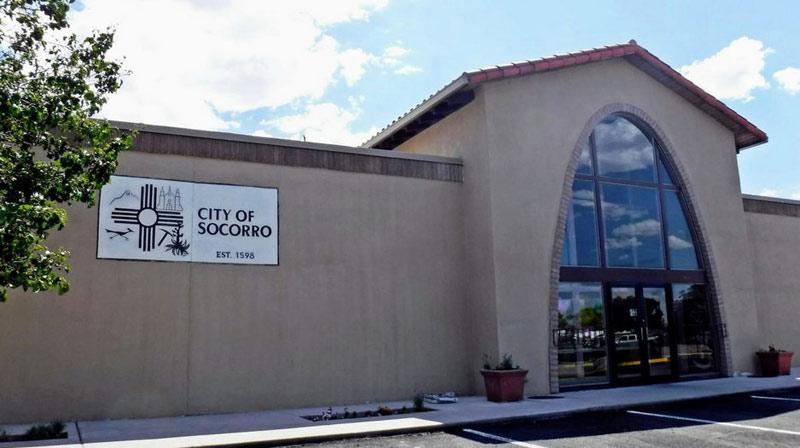
Back in the real world, this week we’re celebrating Thanksgiving safe and sound at home, and I was trying to put together a – what we used to call a mixtape – soundtrack of “thank you” kind of songs. The first one that comes to mind is Thank You For Being A Friend. Also, Thank You (Falettinme Be Mice Elf Agin) from Sly and the Family Stone. How about Thank You World by The Statler Brothers?
There’s also Led Zeppelin’s Thank You and Sam and Dave’s I Thank You, as well as Thanks For The Memories, made famous by Bob Hope. Or Bob Marley singing “Give thanks and praise to the Lord, and I will feel alright,” in his song One Love. Also John Denver’s Thank God I’m a Country Boy, or Travis Tritt singing a personal favorite, “It’s a Great Day To Be Alive.”
Then there are peripheral “thank you” songs like Days by The Kinks and Queen’s You’re My Best Friend. And when it comes to dinner time don’t forget Vege-Tables by The Beach Boys, or Eat It by Weird Al Yankovic. For those who have a yen for road-kill, there’s Dead Skunk (In The Middle of the Road) by Loudin Wainwright III.
Sixties traditionalists usually put Arlo Guthrie’s Alice’s Restaurant on the turntable, which has a theme of “a Thanksgiving dinner that couldn’t be beat.”
With the kids all grown up and living far away, we have either been invited to someone else’s home for Thanksgiving or we invite someone over to our house. In normal, non-COVID times, when you have company over for dinner you straighten up the house and bring in extra chairs and brush up on your table manners. I was musing last week about Thanksgiving dinners so long ago growing up in western Kentucky, and it brought to mind some of the table manners and courtesies we were expected to follow as kids:
Elbows off the table.
Please and thank you.
“May I?” instead of “Can I?”
Don’t interrupt when adults are speaking.
Ask permission to be excused.
Yes ma’am, yes sir.
Never argue with an adult.
Stand up when an adult enters the room.
Hats off in the house.
But I digress.
In school, Thanksgiving meant we dressed up in those big-collar pilgrim costumes for a school pageant, or drew turkeys in crayon on construction paper. We all learned about the pilgrims and Plymouth Rock, and how the local Indians – later I learned they were Wampanoag – all sat down in 1621 for the first Thanksgiving in Massachusetts.
But I was wondering, wasn’t it in 1598 the Europeans from Spain had a meal together with the people already living here? I’m thinking about the first meal Don Juan Oñate and his “pilgrims” had in Pilabo pueblo. When the caravan arrived here after their journey up the Chihuahuan desert its members were met by the Piro pueblo people who brought out food and water. That could qualify for a Thanksgiving of sorts, couldn’t it?
But wait, a few weeks before that – south of Las Cruces – was a Thanksgiving meal of sorts that couldn’t be beat. It was with the Mansos Indians.
As my friend Paul Harden wrote in the Chieftain in 2012, after crossing the big river, Oñate presented the Mansos with clothing. In return, the Mansos gave them freshly caught fish from the Rio Grande. In an act of giving thanks, Oñate arranged for a feast to be held in honor of the company’s miraculous survival and asked the Mansos to be their guests.
It is said the banquet included fish, duck, and geese as well as food the Oñate party brought with them, and this act of “thanksgiving” may have been the very first to be celebrated.
I can imagine that the risk they and their families took entering an unknown land was no less than the Pilgrims took when crossing the Atlantic on the Mayflower. There was no guarantee either group would survive.
One thing is true: nothing is guaranteed in this life. Money can come and go, jobs can change, and friends will come in and out of our lives.
But family remains family. Families go on and on.
Online, that is.


















